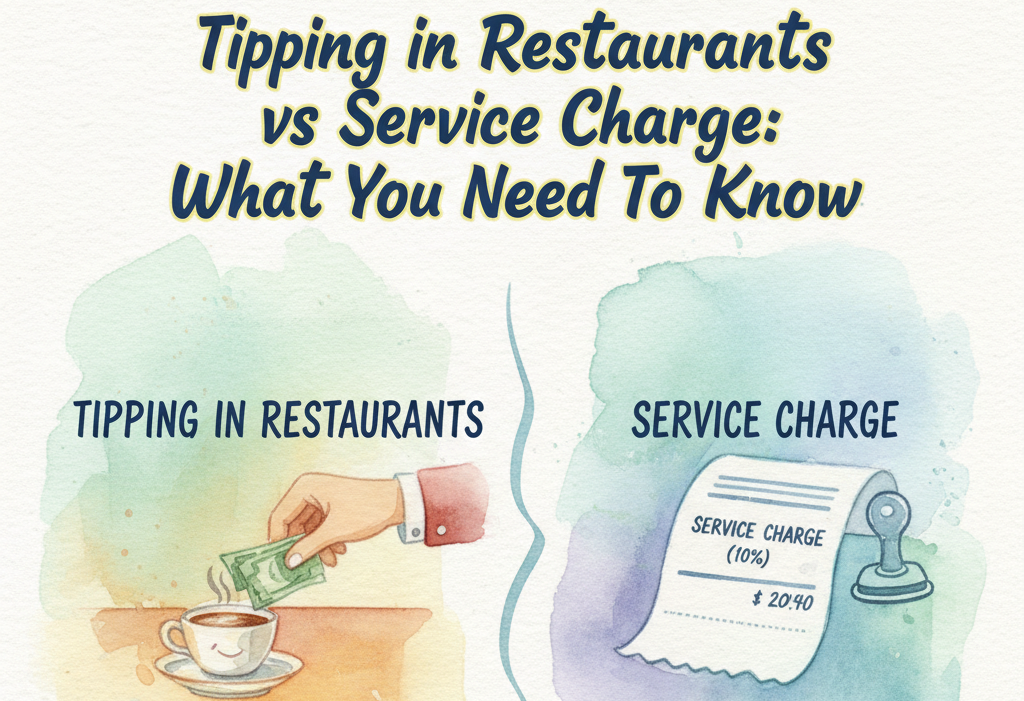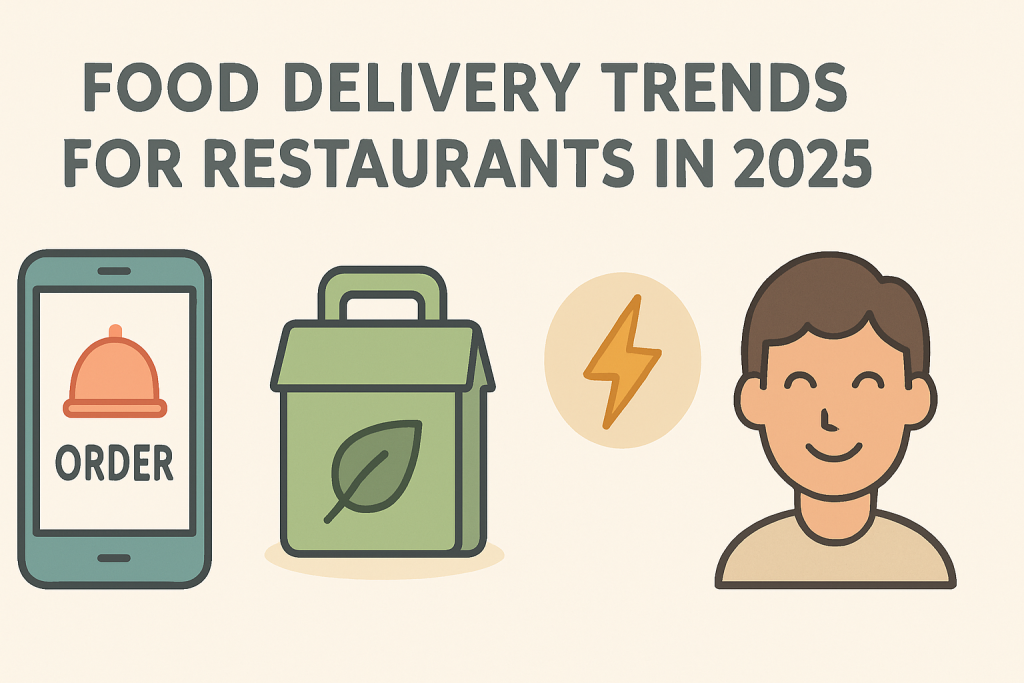The restaurant industry is facing a labour crisis, and it is an issue that needs to be addressed. In fact, it has become so severe that many restaurants are struggling to stay afloat. It is essential for restaurant owners and managers to understand the reasons why the restaurant industry is facing a labour crisis and how to avoid it. Fortunately, there are solutions to the labour crisis that can help restaurants stay afloat. In this blog post, we will discuss the top five reasons why restaurants are facing a labour crisis and how to avoid it. We will also provide practical tips and strategies that restaurant owners and managers can use to ensure their businesses remain profitable and successful.
Reason #1: Low Wages
With the rise of minimum wages and cost of living increasing, most restaurants are finding it hard to keep up. This means that they can no longer offer their employees the same wages they are used to, which is causing a lot of talented individuals to seek employment elsewhere. This is a major problem because it is causing a decrease in the quality of employees in the restaurant industry. Without quality employees, restaurants are unable to provide their customers with the same level of service they are used to. This can lead to a decrease in customer satisfaction and a decrease in sales.
Solution #1
When it comes to finding strategies to increase wages for restaurant staff, there are several options to consider. One of the most popular strategies is to increase the minimum wage for all staff. This can be done either by increasing the base pay rate for all staff or by offering higher wages for certain positions. Additionally, some restaurants may offer bonuses or other incentives to staff in order to attract and retain quality employees. Another strategy is to focus on improving the overall workplace environment. This can involve creating a workplace culture that emphasises respect and appreciation, and that encourages employees to take initiative and develop their skills. Additionally, providing employees with opportunities for advancement and career development can be key in helping to retain talented staff. Finally, providing employees with benefits such as health insurance or a retirement plan can be a great way to ensure that staff are adequately compensated for their work.
Reason #2: Lack of Benefits
Without benefits such as healthcare, vacation time, and retirement savings, employees may feel undervalued and unappreciated, leading to disengagement and even turnover. Without a steady and reliable workforce, restaurants can find themselves unable to meet customer demands and expectations.
The lack of benefits also makes it difficult for restaurants to attract and retain quality employees. When employees feel they are not provided with the same benefits as other industries, they often move on to other employers that can provide them with the benefits they are looking for. This turnover can be costly for restaurants, as they have to invest in the recruitment, training, and onboarding of new employees.
Solution #2
One of the most effective strategies for restaurants to avoid a labour crisis is to offer attractive benefits to their staff. Offering benefits such as health insurance, vacation pay, and retirement plans can help to incentivize employees to stay with your restaurant longer, reducing turnover and labour shortages. This is especially important for restaurants that are operating on tight budgets, as these types of benefits don’t necessarily require a large financial investment. Another strategy for offering benefits is to create a more flexible work environment. This could include offering flexible hours and days off, as well as the ability to telecommute or work remotely. This type of flexibility can help employees better manage their work-life balance, reducing stress and increasing job satisfaction.
Reason #3: Unsustainable Scheduling Practices
When restaurants are using unsustainable scheduling practices, they are likely to experience a high turnover rate as employees try to find jobs that better meet their needs. This can create a vicious cycle, as the restaurant must continually hire and train new employees. Additionally, it can lead to a decrease in customer satisfaction as employees are unable to adequately serve customers due to their lack of experience.
Solution #3
When creating a schedule for a restaurant, it is important to consider the hours that are needed to meet customer demand and to accommodate the staff. It is also important to consider the number of employees that need to be scheduled. This will help to ensure that the restaurant has enough staff on hand to meet customer needs. Additionally, it is important to consider the wage structure for staff, as this can help to ensure that staff are adequately compensated for the hours they are working.
At the same time it’s equally important to create a backup plan in case something unexpected happens. This could include having a backup staff member available that can fill in for absent employees or having a plan in place to handle customer complaints. By having a plan in place, restaurants can ensure that they can continue to provide excellent customer service even when faced with unexpected challenges.
Reason #4: Poor Working Conditions
Poor working conditions can be a major contributor to a labour crisis in restaurants. Employees need to feel valued and respected in their working environment in order to have a positive experience. If a restaurant is not offering competitive wages or failing to provide a safe and comfortable workplace, employees may start to feel discouraged and may not be as productive. This can lead to high turnover, which can be detrimental to a restaurant’s success.
Solution #4
Restaurants need to recognize the importance of creating an environment that is conducive to keeping employees happy and motivated. Creating a positive working environment is also key to keeping employees happy. This means providing a safe and comfortable working environment, offering support with training and development, and providing opportunities for advancement. Restaurants should also make sure to provide regular breaks, social activities, and other perks that will help employees feel supported and appreciated. Restaurants should also provide structured team building activities, facilitate open communication, and foster an atmosphere of respect and collaboration. This will help ensure that employees feel like they are part of a team and that they can rely on each other for support. By implementing these strategies, restaurants will be able to create an environment that is conducive to keeping employees happy and motivated.
Reason #5: Lack of Training and Development Opportunities
Training and development opportunities are important for any restaurant business, as they help to keep employees up to date with the latest culinary trends and techniques and ensure that they can work efficiently and accurately. Unfortunately, many restaurants are failing to provide employees with adequate training and development opportunities, resulting in a lack of skills and knowledge. This can lead to delays in service, customer dissatisfaction, and ultimately, a labour crisis.
Solution #5
One way to provide training and development opportunities is to ensure that all staff receive a comprehensive onboarding program. This program should include overviews of restaurant policies, customer service procedures, and safety protocols. This can help employees become familiar with the restaurant environment and help them to better understand the expectations set for them. Additionally, offering ongoing and customised training in areas such as menu items, customer service, and operations can help employees stay up-to-date on the latest trends and best practices.
On the other hand, offering incentives to employees that complete training and development courses can be a great way to show that you value their efforts and are committed to their professional development. This can be anything from a gift card or bonus to a promotion or additional training courses. No matter what incentives you choose, it’s important to recognize employees for their hard work and dedication. By providing training and development opportunities, you can create a more engaged and productive workforce that will help your restaurant succeed.
In conclusion, the labour crisis in the restaurant industry is a multifaceted issue that requires attention and effort from both employers and employees alike. It is essential to have a clear understanding of the underlying causes of the crisis, such as rising costs and low wages, in order to effectively address and avoid it in your own restaurant. In addition, having a solid plan in place to attract and retain experienced staff is invaluable in helping ensure the success of your business. By taking the necessary steps to address the labour crisis, you can ensure that your restaurant is well-positioned for long-term success.



